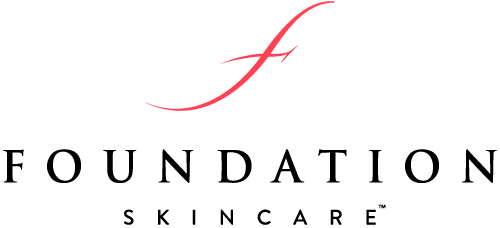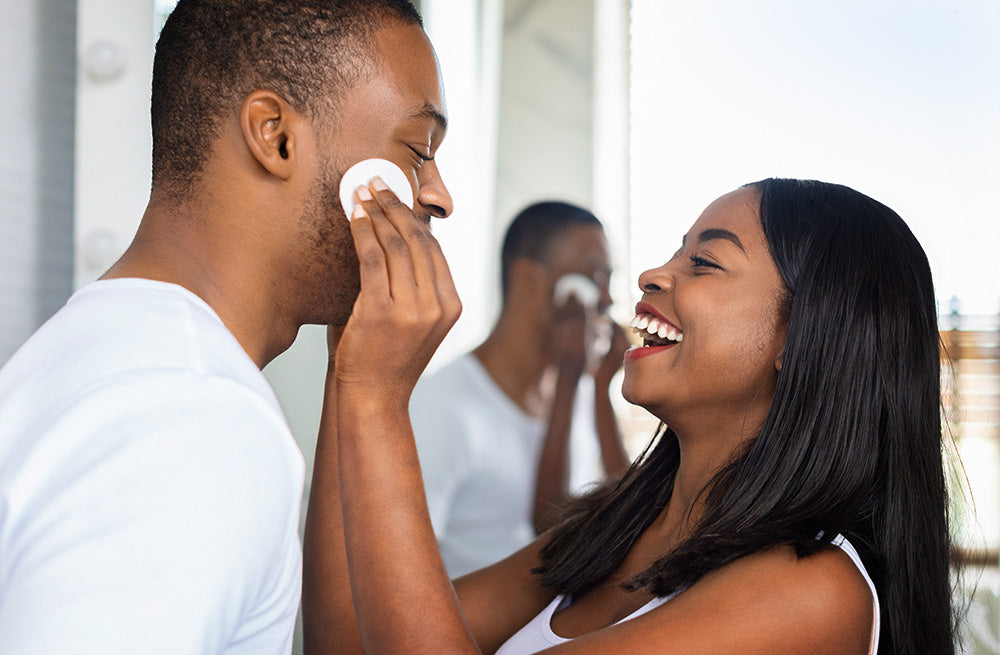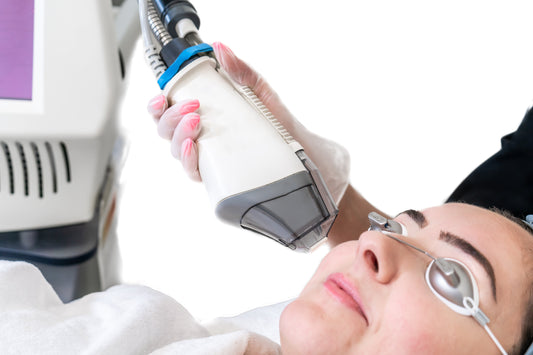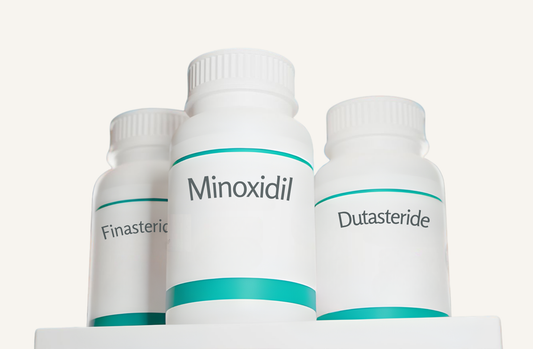Achieving radiant and healthy skin should involve more steps than just cleansing your face every day. One hotly debated and often overlooked step in skincare routines is the use of toners. These seemingly simple liquids may look and feel like mere water, but for some individuals, they play a significant role in promoting skin health.
Read on to explore the potential benefits of using a skin toner, the different types available, and common mistakes to avoid.
Skin Toners Role in Skincare
Applying a skin toner between cleansing and moisturizing helps prepare your skin for any subsequent steps in your skincare routine. While cleansing does remove a considerable amount of oil or makeup from your face, using a toner ensures nothing was left behind.
With pores sufficiently clean, your face is then ready to absorb the benefits of the products that follow, including serums, lotions, night creams, and other targeted treatments. Additionally, toners restore pH balance, which can be disrupted by harsh cleansers.
Benefits of Using a Toner
According to experts at the Cleveland Clinic, when you apply a toner after cleansing, you increase the water content of your skin’s outer layer, which is better for the absorption of additional products afterward.1 Some proven skin toner benefits include:
- Cleaner skin: Toners help to remove leftover oil and makeup after cleansing.
- Extra hydration: The newer generation of toners are formulated with soothing ingredients like hyaluronic acid and niacinamide, which can seal moisture into the skin.
- Smaller pores: By thoroughly cleansing pores, a toner may visibly reduce the impurities that cause pores to look big.
- Better pH balance: Some toners use acids like alpha hydroxy, beta hydroxy, lactic acid, and salicylic acid which may help to restore pH balance.
Different Types of Toners
Toners come in various formulations to cater to different skin types and concerns. Older toners almost always included alcohol as they mostly focused on removing impurities. Today, alcohol-based toners are not as common, although some people with oily or acne-prone skin may include them in their routine. In general, alcohol tends to be extremely drying and can strip the skin of its natural oils, so these types of toners are discouraged.
Alcohol-free toners tend to be more gentle and hydrating, making them especially useful for dry or sensitive skin. There are also toners infused with active ingredients like glycolic acid or antioxidants, targeting specific skincare concerns.
You may also find that there are hybrid toner-moisturizers. These products support your skin barrier to protect from environmental stressors and moisture loss.
Hyaluronic Acid Lotion
• Helps protect, repair & heal the skin
• Anti-inflammatory ingredient benefits
How to Choose the Right Toner for Your Skin Type
Choosing skincare toners based on skin type is crucial for optimal results. Here are some tips on how to select the right one:
- Acne-prone skin: If you have oily or acne-prone skin, opt for a toner with ingredients like salicylic acid to combat excess oil. Keep in mind ingredients like salicylic acid can be dehydrating, so if you have dry skin, try to opt for a gentler solution. Toners that contain niacinamide could also help reduce acne by minimizing inflammation.
- Dry skin: If you have dry skin, choose a toner infused with hydrating ingredients like hyaluronic acid, a powerful humectant that draws water into the skin.
- Sensitive skin: If you have sensitive skin, steer clear of alcohol-based toners and choose products with soothing ingredients like chamomile or aloe vera.
- Hyperpigmentation: Some toners claim to have brightening effects, such as those containing antioxidants like vitamin C or retinol.
Incorporating Toners into Your Skincare Routine
It’s best to think of toners as a bridge between cleansing and moisturizing. After cleansing your face, apply the toner using a cotton pad or by gently patting it onto your skin. Then apply any serums you are using and your moisturizer. Using a toner twice a day, in the morning and evening, can ensure that your skin remains fresh, balanced, and ready to receive the full benefits of your other skincare products.
It’s also worth mentioning that a toner is not altogether necessary if you’re already using skincare products with targeted ingredients like those mentioned above — hyaluronic acid, niacinamide, vitamin C, or retinoids. In fact, you will likely get a more concentrated amount of these ingredients if you use them separately as toners may be too diluted to produce any visible results.
Foundation Skincare offers a collection of dermatologist-formulated products to address a number of concerns, whether you’re dealing with acne, hyperpigmentation, dry skin, or signs of aging. Products are highly concentrated (20% vitamin C, 10% niacinamide, 14% azelaic acid) to rival prescription products, but they are gentle enough for all skin types and available without a prescription. They include:
- Azelaic Acid 14% Cream: Best for minimizing acne, hyperpigmentation, and enlarged pores
- Niacinamide Lotion 10%: Best for soothing inflamed skin, preventing breakouts, fading hyperpigmentation, and slowing signs of aging
- Hyaluronic Acid Lotion: Best for boosting hydration
- Vitamin C Lotion 20%: Best for brightening skin and reducing signs of aging
- Night Renewal Cream with 2% Granactive Retinoid: Best for reducing fine lines, wrinkles, and loss of elasticity
Explore the full collection here.
Common Mistakes to Avoid
If you choose to use a toner, avoid these mistakes to ensure you’re getting the most from the product:
- Do not overuse the toner, as it could lead to dryness.
- If you do have dry skin, avoid alcohol-based toners.
- Be mindful of the ingredients in your toner and ensure they align with your skin's needs.
- Avoid using toner on the delicate skin around your eyes, as this area requires specific care.
If you love the idea of using a toner and look forward to this part of your skincare routine, be sure you’re using a quality product that matches your skin type and specific concerns. If you’re curious about alternative ways to bridge the gaps between essential skincare steps like cleansing, moisturizing, and applying sunscreen, explore the FS Journal for more science-backed, dermatologist-approved tips.





